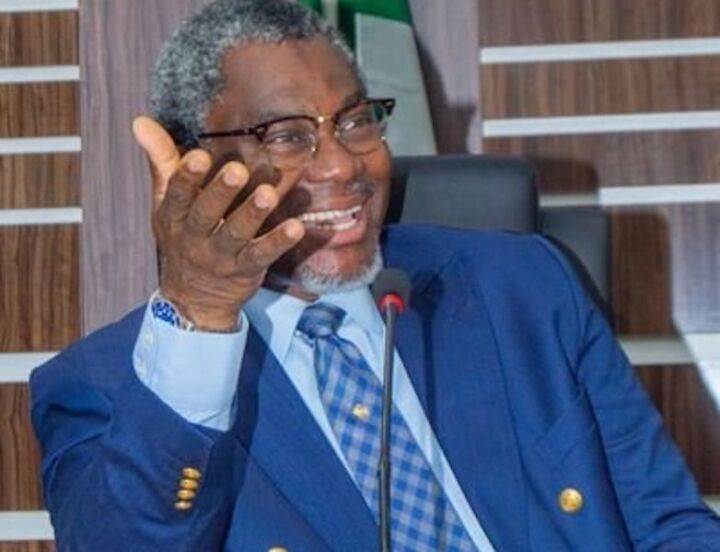The Federal Government said it has established plans to conduct more exploration activities in the nation’s mining sector from the sale of its National Integrated Mineral Exploration Project (NIMEP).

According to the Minister of Mines and Steel Development, Olamilekan Adegbite, at the Nigeria Mining Summit organised by the Lagos Chamber of Commerce and Industry (LCCI), NIMEP would be sold through auction to have a revolving fund to carry out more exploration activities in the country.
He added that under the scheme, about $50 million has been spent to explore four solid minerals out of the 44 minerals discovered.
He added: “NIMEP is a government programme to show the way, but the money is still very small and the $50 million we had, we were only able to do four minerals out of the 44 minerals discovered. Exploration is a very huge capital intensive project so the $50 million could only target four minerals.”
“What we want to do is that the results from this NIMEP initiative would be sold through auction to have a revolving fund so that the money that comes back from this would be used for further exploration,” he stressed.
He said the whole essence of the summit is to explore ways of funding the mining sector, saying that the CBN needs to do more to support the sector in terms of funding.
Speaking on the relevance of fossil fuel, the Minister said fossil fuels would remain relevant to the Nigerian economy over the next 30 years, saying that solid minerals that are supposed to serve as its replacement have not received the kind of investment that would give the country the quantum of minerals needed to replace fossil fuels.
According to him, mining used to be the mainstay of the Nigerian economy before the advent of oil and gas, noting that the sector under the Buhari-led administration is beginning to receive the necessary support it deserves.
He said under NIMEP, the country had begun to attract attention from investors as a mining destination, pointing out the initiative has started yielding positive results.
He added that the financial sector had also begun to support the sector, but called for more formal companies into the sector to reduce the activities of artisanal and small-scale miners in the sectors.
“We need our banks, especially the CBN, to establish a desk in commercial banks to understand mining and design the risk portfolio to unlock the enormous benefits from the sector.
“We have designed what we call a downstream policy that emphasises beneficiation. It is a policy that does not want our raw materials exported unprocessed. Whatever you find, you must do something beneficial.
We have built demonstration plants all over the country and we have six of such in our six geopolitical zones”, he added.
Earlier, the president, LCCI, Dr. Michael Olawale-Cole represented by the Vice president, LCCI, Leye Kupoluyi, recommended that the federal government should establish a robust fiscal framework, saying that the existing fiscal framework for investors in the mining sector is not friendly enough and does not consider the peculiar nature of the sector, particularly, its long gestation period.
“Therefore, Nigeria will need to revisit the entire fiscal framework for the taxation of mining operations, to attract mining majors and foreign investors,” he said.
He also noted the need for Nigeria to address its worsening insecurity across mineral-rich communities in the Northern region and other mining communities, lamenting that insecurity has continued to undermine production and investment in the sector
The Chairman, Mining and Solid Mineral Group, LCCI, Seun Olatunji, advised Nigeria to take advantage of the surging global metal prices as a result of the new energy markets and global uncertainties.
He said considering the new CBN’s policy, RT 200 FX programme that aims to achieve $200 billion forex repatriation in five years, he said the key factor for the success of the policy will be to focus attention, resources and aggressively support solid minerals value addition.
Support InfoStride News' Credible Journalism: Only credible journalism can guarantee a fair, accountable and transparent society, including democracy and government. It involves a lot of efforts and money. We need your support. Click here to Donate
